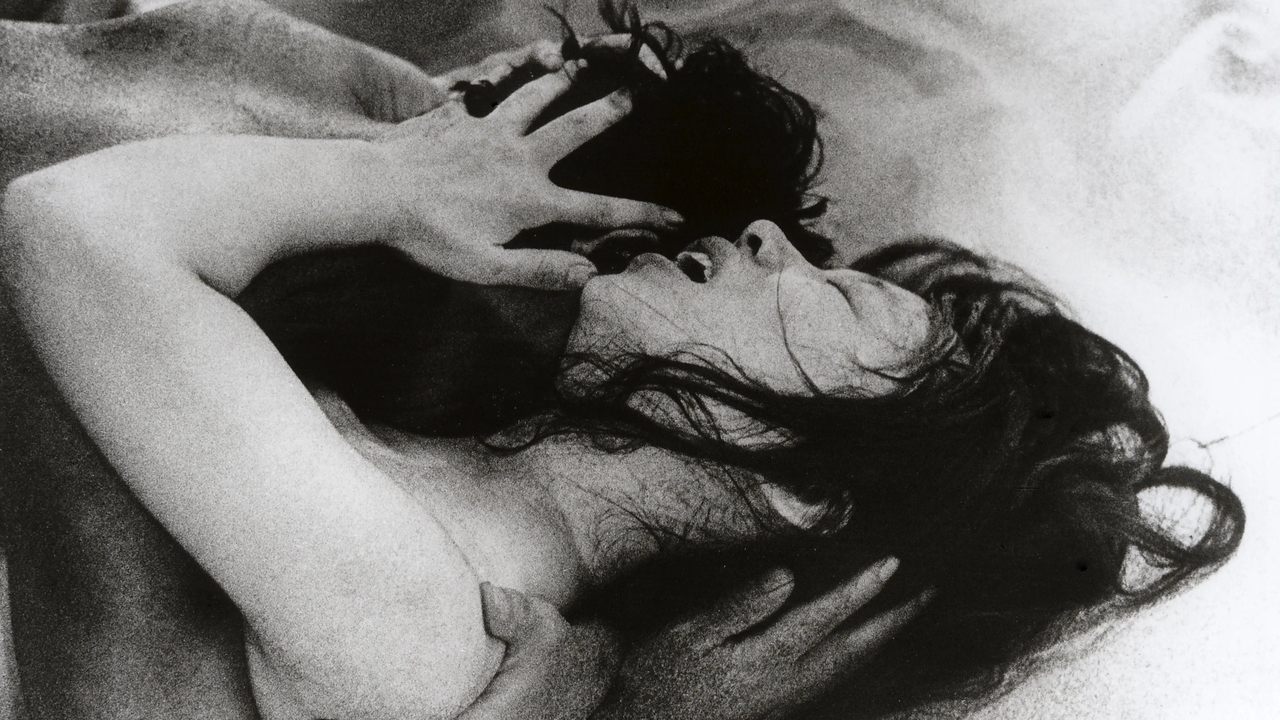
 Woman in the Dunes
— Haunting. Erotic. Unforgettable.
Woman in the Dunes
— Haunting. Erotic. Unforgettable.
Woman in the Dunes

A vacationing entomologist suffers extreme physical and psychological trauma after being taken captive by the residents of a poor seaside village and made to live with a woman whose life task is shoveling sand for them.













Stunning film. Scratchy eerie score. So atmospheric. The sexual tension is palpable. The images are jaw dropping. Extreme close ups, imaginative wide angles. The changing state of Japanese society as it arrives into the modern world is melded with personal existentialism and relationship trauma.
Simply one of the greatest films I have ever seen.